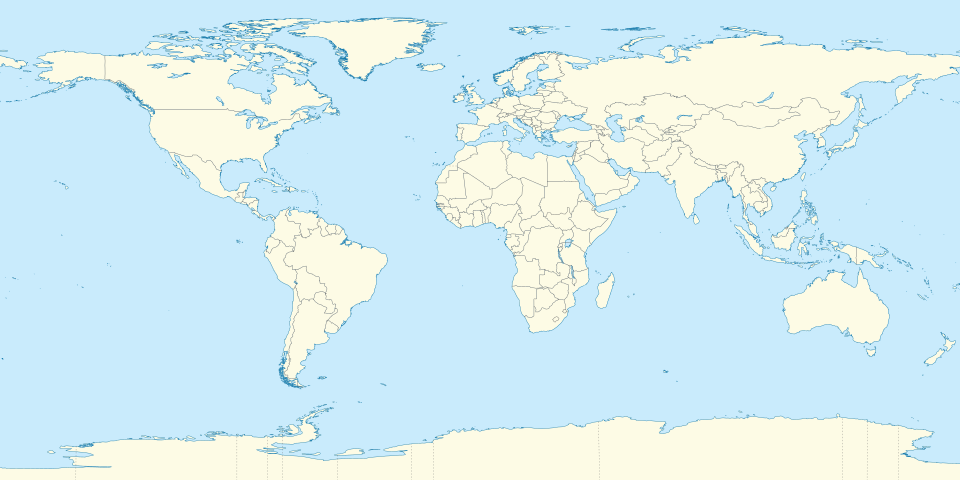| Year | Image | Laureate | Field | Life | Citation |
|---|
| 2025 | | Richard Robson | Chemistry | 1937– | For the development of metal-organic frameworks, jointly with Susumu Kitagawa and Omar M. Yaghi [3] |
| 2011 | 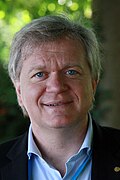 | Brian P. Schmidt | Physics | 1967– | "for the discovery of the accelerating expansion of the Universe through observations of distant supernovae" shared with Saul Perlmutter and Adam G. Riess [4] |
| 2009 |  | Elizabeth Blackburn | Physiology or Medicine | 1948– | "for the discovery of how chromosomes are protected by telomeres and the enzyme telomerase" shared with Carol W. Greider and Jack W. Szostak [5] |
| 2005 | 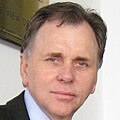 | Barry J. Marshall | Physiology or Medicine | 1951– | "for their discovery of the bacterium Helicobacter pylori and its role in gastritis and peptic ulcer disease" shared with J. Robin Warren [6] |
| 2005 |  | J. Robin Warren | Physiology or Medicine | 1937–2024 | "for their discovery of the bacterium Helicobacter pylori and its role in gastritis and peptic ulcer disease" shared with Barry J. Marshall [7] |
| 1996 | 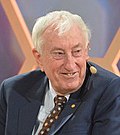 | Peter C. Doherty | Physiology or Medicine | 1940– | "for their discoveries concerning the specificity of the cell mediated immune defence" shared with Rolf M. Zinkernagel [8] |
| 1975 |  | Sir John Cornforth | Chemistry | 1917–2013 | "for his work on the stereochemistry of enzyme-catalyzed reactions" shared with Vladimir Prelog [9] |
| 1973 |  | Patrick White | Literature | 1912–1990 | "for an epic and psychological narrative art which has introduced a new continent into literature" [10] |
| 1970 |  | Sir Bernard Katz | Physiology or Medicine | 1911–2003 | "for their discoveries concerning the humoral transmittors in the nerve terminals and the mechanism for their storage, release and inactivation" shared with Ulf von Euler and Julius Axelrod [11] |
| 1964 | 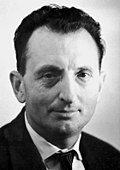 | Alexander M. Prokhorov | Physics | 1916–2002 | "for fundamental work in the field of quantum electronics, which has led to the construction of oscillators and amplifiers based on the maser-laser principle" shared with Charles H. Townes and Nicolay G. Basov [12] |
| 1963 |  | Sir John Carew Eccles | Physiology or Medicine | 1903–1997 | "for their discoveries concerning the ionic mechanisms involved in excitation and inhibition in the peripheral and central portions of the nerve cell membrane" shared with Alan L. Hodgkin and Andrew F. Huxley [13] |
| 1960 |  | Sir Frank Macfarlane Burnet | Physiology or Medicine | 1899–1985 | "for discovery of acquired immunological tolerance" shared with Peter Medawar [14] |
| 1945 | 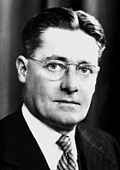 | Howard Florey | Physiology or Medicine | 1898–1968 | "for the discovery of penicillin and its curative effect in various infectious diseases" shared with Alexander Fleming and Ernst B. Chain [15] |
| 1915 |  | Sir William Lawrence Bragg | Physics | 1890–1971 | "for their services in the analysis of crystal structure by means of X-rays" shared with William Henry Bragg [16] |
|













